Koboko District
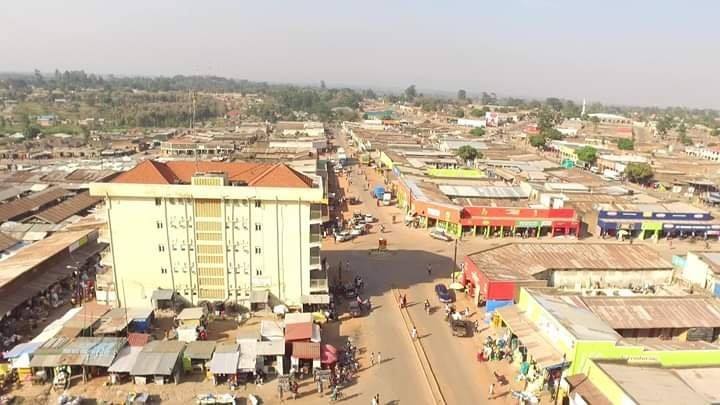
Koboko Town
Koboko District was curved from Arua District and started operating effectively in August 2005. It is the home district of former Ugandan president Idi Amin Dada Oumee. In the farthest northwest corner of Koboko District lies an area known as “Salia Musala,” where the borders of three nations converge—Uganda, the Democratic Republic of Congo, and South Sudan. Below is what you need to know about Koboko District.
Geography:
- Location: Koboko District is situated in the extreme northwest corner of Uganda. South Sudan borders it to the north, the Democratic Republic of the Congo to the west, Yumbe District to the east, and Maracha District to the south.
- Coordinates: The district is situated at Latitude: 3° 24′ 59.99″ N and Longitude: 30° 57′ 59.99″ E.
- Topography: The district features a mix of flat plains, undulating hills, and river valleys. It lies at an altitude of approximately 1,200 meters above sea level.
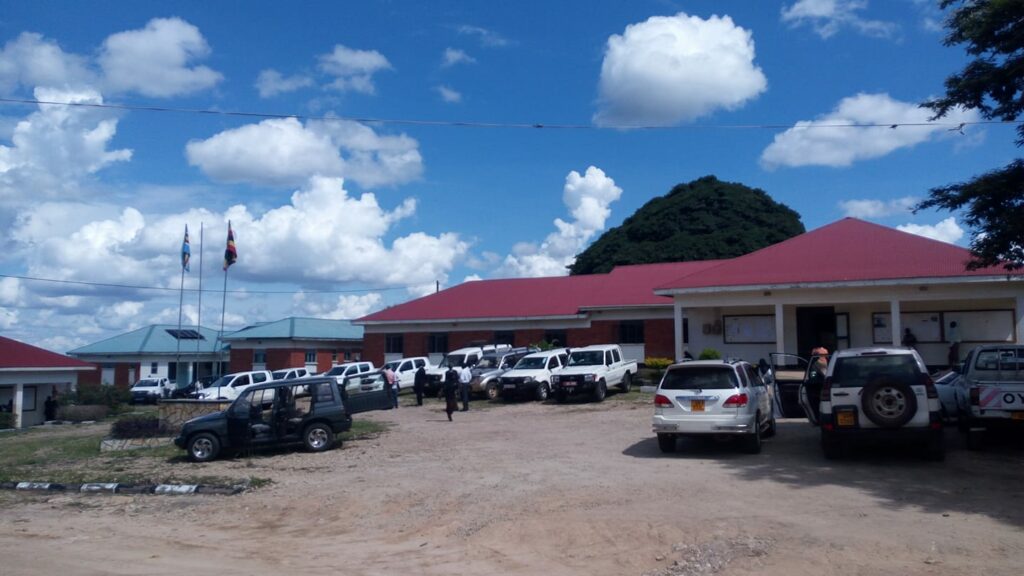
Demographics:
- Population: As of the latest estimates, Koboko District has approximately 260,000 people.
- Ethnic Composition: The district is predominantly inhabited by the Kakwa people. Other ethnic groups include the Lugbara, Madi, Alur, and South Sudanese refugees.
- Languages: The primary languages spoken are Kakwa and English, with Swahili, Lugbara, and other local languages also commonly used.
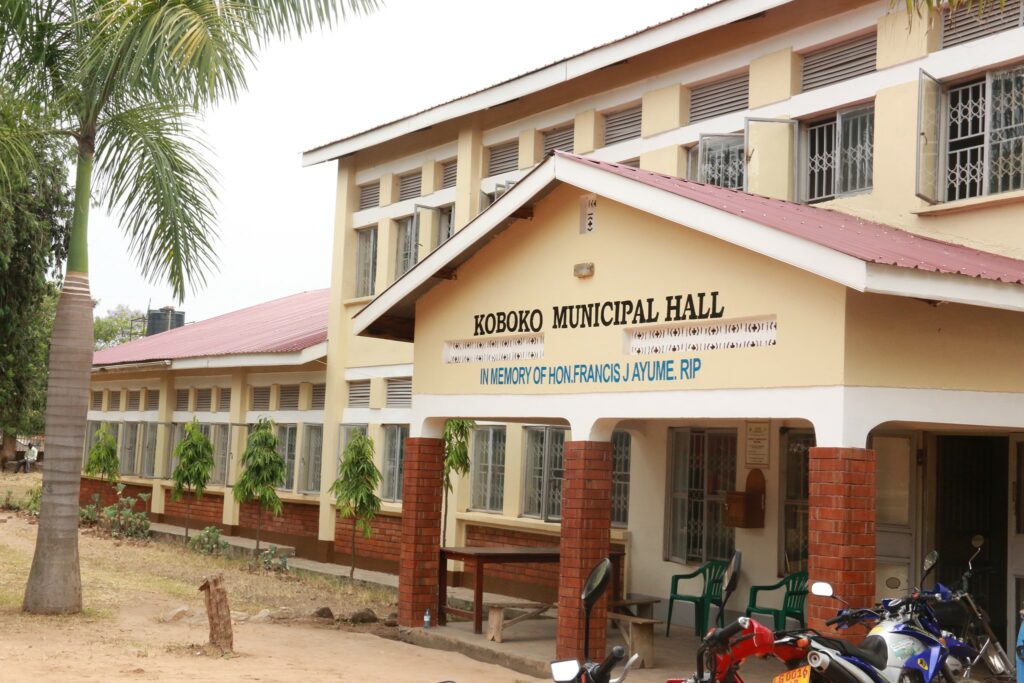
Economy:
- Agriculture: Subsistence agriculture is the mainstay of the district’s economy. Major crops include cassava, maize, beans, millet, sorghum, groundnuts, and sweet potatoes. Cash crops like tobacco and simsim (sesame) are also grown.
- Livestock Farming: Many residents farm livestock, keeping cattle, goats, sheep, and poultry.
- Trade: Koboko’s strategic location near international borders facilitates cross-border trade with South Sudan and the Democratic Republic of the Congo. The district has several markets, including Koboko Main Market.
- Remittances: The district’s economy is also supported by remittances from residents working abroad, particularly in South Sudan.
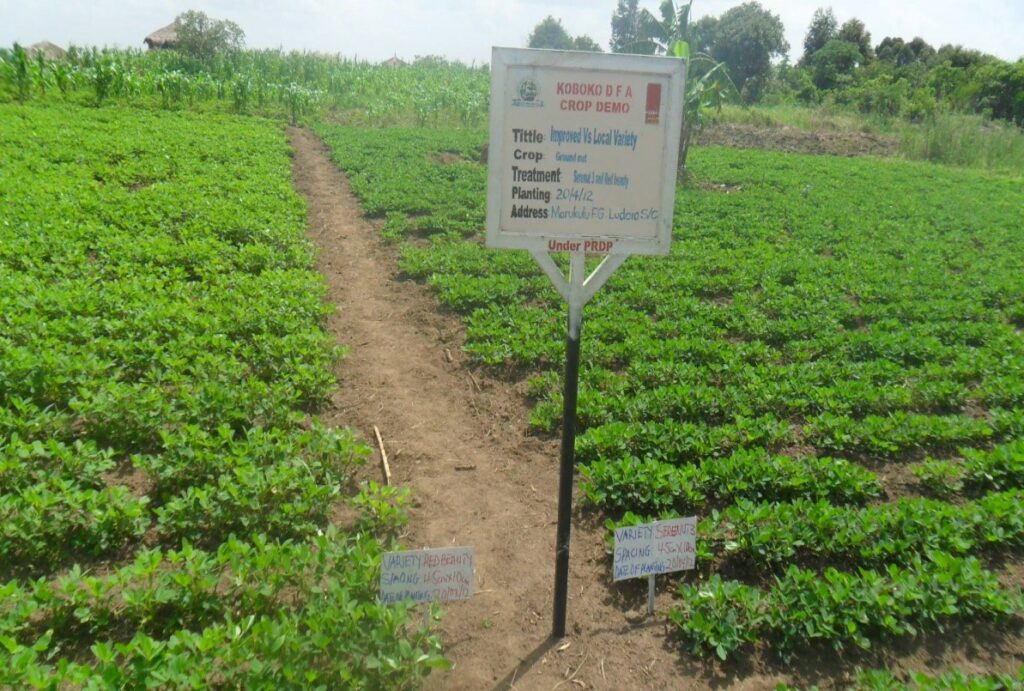
Infrastructure:
- Transport: Koboko District has a network of roads connecting it to neighboring districts and countries. The road to Arua and other major towns is a crucial link for trade. However, many roads need improvement and maintenance, especially during the rainy season.
- Utilities:
- Electricity: Access to electricity is limited, with most rural areas relying on solar power and generators.
- Water Supply: Water is sourced from boreholes, protected springs, and rivers. Efforts are ongoing to improve access to clean water by constructing more boreholes and water supply systems.
- Sanitation: Sanitation facilities are being developed, but there is still a need for improved infrastructure and services in many areas.
Education:
- Schools: The district has numerous primary and secondary schools, both government and privately owned. Key institutions include Koboko Town Secondary School and several vocational training centers.
- Challenges: The education sector needs more infrastructure, a shortage of trained teachers, limited learning materials, and high dropout rates.
Health:
- Healthcare Facilities: Health services in Koboko are provided by Koboko Health Centre IV, several Health Centre IIIs and IIs, and private clinics.
- Challenges: The healthcare system faces inadequate medical supplies, insufficient health workers, and limited healthcare infrastructure. Services are also being strained due to the influx of refugees from South Sudan.
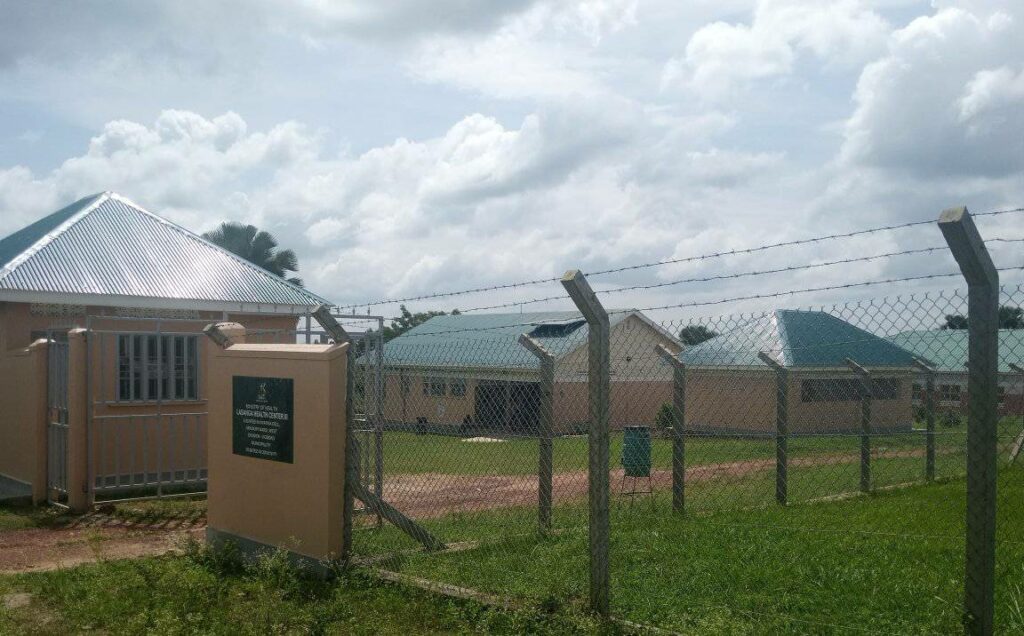
Refugee Presence:
- Refugee Settlements: Koboko District hosts a significant number of South Sudanese refugees. Their presence impacts local resources and services, creating challenges and opportunities for development.
- Humanitarian Support: Various humanitarian organizations operate in the district, supporting refugee and host communities through health, education, and livelihood programs.
Cultural and Social Life:
- Cultural Heritage: The Kakwa culture is rich in traditions, including music, dance, and festivals. Cultural practices play a significant role in social life.
- Religion: The district has a mix of religious practices, with Christianity (Catholic and Protestant) and Islam being the major religions.
- Social Amenities: Koboko Town, the district’s administrative center, has various social amenities, including markets, sports facilities, and recreational centers. Community life revolves around market days, religious activities, and cultural events.
Urban Development:
- Governance: Through the district council, Koboko district addresses the needs and concerns of its residents by implementing policies and programs that promote sustainable growth and enhance service delivery. The local government fosters stakeholder collaboration and cooperation to achieve the district’s goals and objectives.
- Challenges: The district faces challenges related to infrastructure development, public service delivery, and managing the impact of the refugee influx. Efforts are being made to enhance roads, healthcare, education, and water supply.
Development Prospects:
- Economic Growth: Investment prospects exist in agriculture, agro-processing, trade, and services. Enhanced infrastructure and services can boost economic growth.
- Investment Opportunities: Sectors such as agriculture, agro-processing, trade, and services offer potential for growth. Investment in infrastructure development can also spur growth.
- Community Initiatives: Various development projects are supported by local and international organizations to improve livelihoods, education, healthcare, and community resilience.
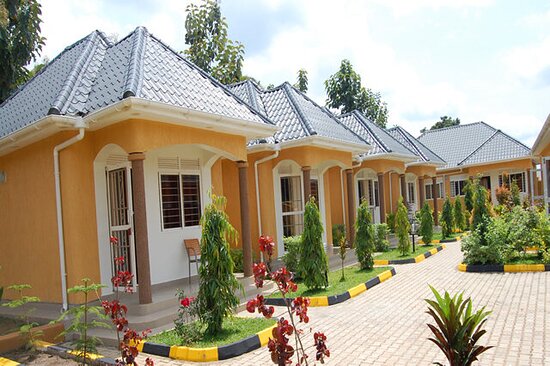
Koboko District, with its strategic location and diverse population, holds a significant role in the West Nile sub-region. The district’s development efforts focus on enhancing infrastructure, improving public services, and supporting local and refugee communities.